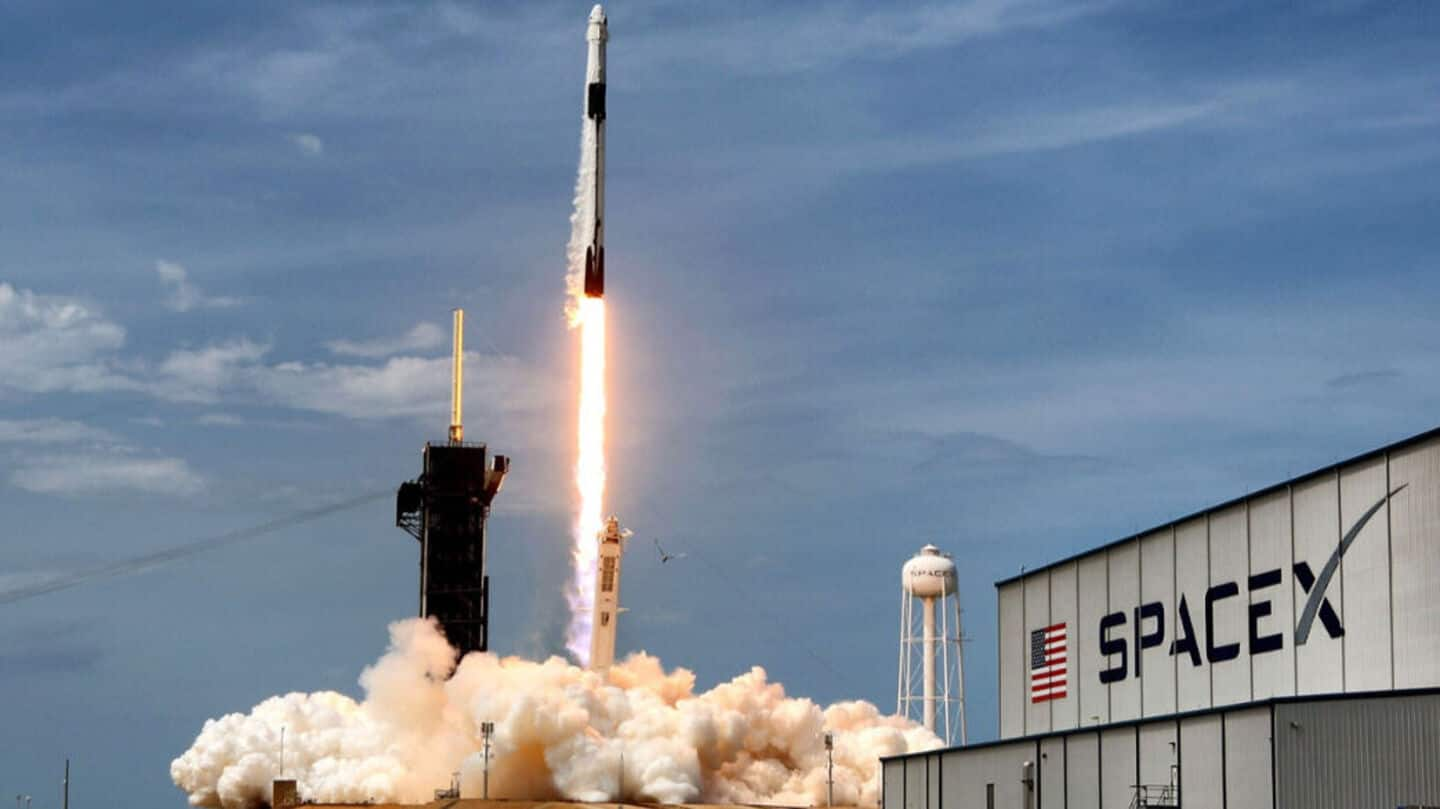
Why NASA, Pentagon are now searching for alternatives to SpaceX
What's the story
In the wake of a public spat between US President Donald Trump and Elon Musk, NASA and the Pentagon are looking for alternative spaceflight providers. This comes after Musk threatened to halt SpaceX flights, including those to the International Space Station (ISS). The threat sent shockwaves through US space and defense agencies as they heavily rely on SpaceX for critical missions.
Threat
Musk's threat to halt Dragon spacecraft flights
Musk's threat to halt Dragon spacecraft flights would have a major impact on NASA's ability to send astronauts to the ISS. The space agency has relied on SpaceX for these missions, making it a vital part of their operations. After the exchange, NASA and the Pentagon reached out to several companies about their launch systems' readiness.
Search
Companies contacted include Rocket Lab and Blue Origin
The companies contacted by NASA and the Pentagon include Rocket Lab, Stoke Space, and Blue Origin. Sierra Space, which is developing the Dream Chaser spaceplane for ISS cargo delivery, also confirmed their engagement with NASA. Meanwhile, Boeing's Starliner remains grounded due to technical issues. This highlights the urgency of finding alternative providers in light of Musk's threat.
Reliance worries
SpaceX's dominance unchallenged
The incident has raised concerns over the US government's heavy reliance on SpaceX for critical tasks, including classified missions. The firm has billions of dollars in government contracts and is responsible for transporting people and cargo to the ISS, launching satellites for the Pentagon, and developing satellites used by intelligence agencies. However, its competitors have been slow to catch up, leaving SpaceX's dominance largely unchallenged.
Pattern
This is not the first controversy for Musk
Musk's behavior has worried NASA officials earlier too, especially after he appeared to take marijuana on the Joe Rogan podcast in 2018. However, his recent threat on social media to cut off NASA's access to the ISS "crossed a line," according to a former space agency official. The incident has sparked renewed debate over whether critical systems can be entrusted to a firm or person capable of making such sweeping decisions unilaterally.